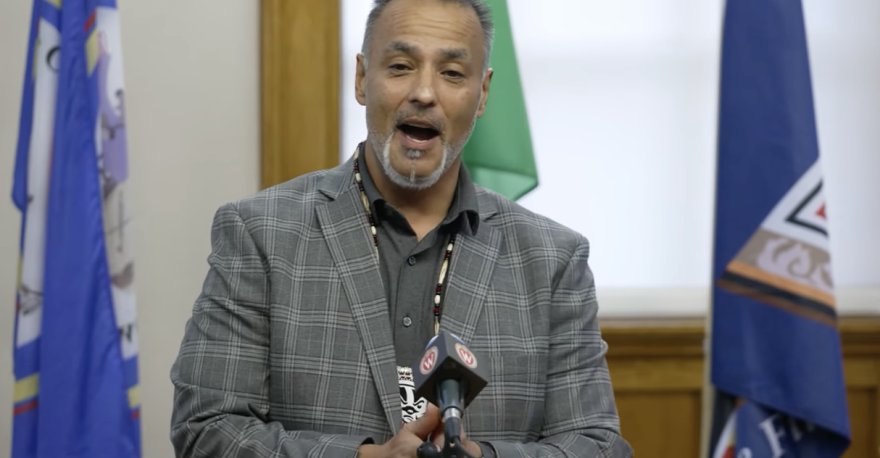UW-Madison campus officials are urging Native American high school seniors from Milwaukee and other Wisconsin communities to apply within a few weeks to attend the state's largest university.
UW-Madison is now offering a debt-free education to state residents who are enrolled members of Wisconsin's eleven federally recognized tribes.
Starting next fall, the Wisconsin Tribal Educational Promise program, announced Monday vows free tuition, housing, meals, books and other educational needs. That's nearly a $29,000 annual value for undergraduates, the UW says. The university is offering four years of support for Native American students who enter as first-year college students, and two years for transfers.
UW-Madison Chancellor Jennifer Mnookin said the Tribal Promise is the right thing to do.
"It felt, as we look at ways to honor the history of this state and what happened before the state of Wisconsin was the state of Wisconsin, and as we think about trying to help the flourishing of Native students here, it just seemed like the right approach," she said at a news conference in Madison.
Mnookin said the UW is using an existing free tuition and fees program for students from lower-income families, called Bucky's Promise as a framework for Tribal Promise. She said tribal leaders helped shape the new program.
Shannon Holsey, president of the Stockbridge-Munsee Band of Mohican Indians and chairwoman of the Great Lakes Inter-Tribal Council, noted the Madison campus is on the ancestral land of the Ho-Chunk Nation.
"Embedded in the land that we stand on today lies the legacy of the Ho-Chunk people. Today is historic and cycle-breaking," she said.
Only about 650 of the UW-Madison's roughly 50,000 students identify to the school as American Indian or Alaska Native.

Ho-Chunk Nation President Jon Greendeer praised the tuition program, but said he has some work to do to get Native students to consider higher education.
"Many of us are in the generation where if you went to college you stopped learning about your ways and you stopped learning your language, and it was frowned upon. Now, it's very much supported, very much needed," Greendeer said.
UW-Madison officials say donors and institutional funds, such as money from out-of-state tuition, will pay for the Tribal Promise program. There will also be a pilot effort to pay tuition and fees for Native students enrolled in the UW's medical and law schools.
A UW-Milwaukee spokesperson said UWM is "certainly supportive of any efforts that make higher education more accessible to Wisconsin’s American Indian students."
UWM has the Electa Quinney Institute’s Indigenous Kinship & Responsibility Scholars Scholarship, which offer up to $5,000 to American Indian students.






